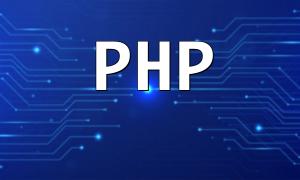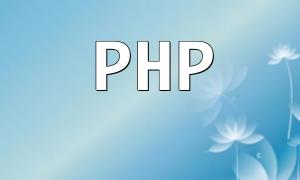PHP is an open-source server-side scripting language widely popular in web development. Created by Rasmus Lerdorf in 1995, PHP has continuously evolved, developing rich frameworks and powerful libraries to help developers build diverse applications efficiently.
Easy to learn: PHP has a clear and straightforward syntax, making it easy for beginners to get started and master basic programming skills quickly.
Open source and free: As a free and open-source language, PHP allows users to freely use, modify, and distribute code, reducing development costs.
Cross-platform support: PHP runs on Windows, Linux, UNIX, and other operating systems, providing flexibility and compatibility for applications.
Rich frameworks and libraries: PHP boasts well-known frameworks like Laravel, Symfony, and Yii, helping developers rapidly build fully-featured applications.
PHP is widely used across web development, e-commerce platforms, social media, content management systems (CMS), enterprise resource planning (ERP), customer relationship management (CRM), and more.
In web development, PHP powers dynamic websites, blogs, news portals, and e-commerce platforms, helping businesses improve efficiency while lowering development investment.
// Output "Hello, World!"
echo "Hello, World!";
Optimize PHP performance by modifying the php.ini configuration file to adjust memory limits and script execution time.
Code-level optimizations include leveraging caching, code compression, and minimizing database queries to enhance speed and responsiveness.
Encapsulation integrates data and methods into classes to avoid naming conflicts and protect data.
Inheritance promotes code reuse, facilitating extension and maintenance.
Polymorphism improves code generality, reduces redundancy, and enables more flexible program design.
The MVC pattern helps developers separate data processing, business logic, and UI rendering, improving code organization and maintainability.
ORM technology encapsulates database operations into models, simplifying SQL writing and reducing errors.
Namespaces prevent naming conflicts in classes and functions, making large project structures clearer.
PHP developers are in high demand with promising career prospects in the IT industry. The growth of internet and mobile applications continually drives demand for PHP talent.
Currently, PHP developers’ average monthly salaries range between 15,000 to 25,000 RMB, which is considered mid to high level in the industry.
PHP’s low entry barrier allows beginners to become competent developers with six months to one year of systematic learning, making it an attractive skill for career advancement.
As a mature and powerful server-side language, PHP plays a crucial role in web development. By mastering performance tuning, object-oriented programming, and framework design, developers can continually improve their skills, seize career opportunities, and achieve high-paying goals.









